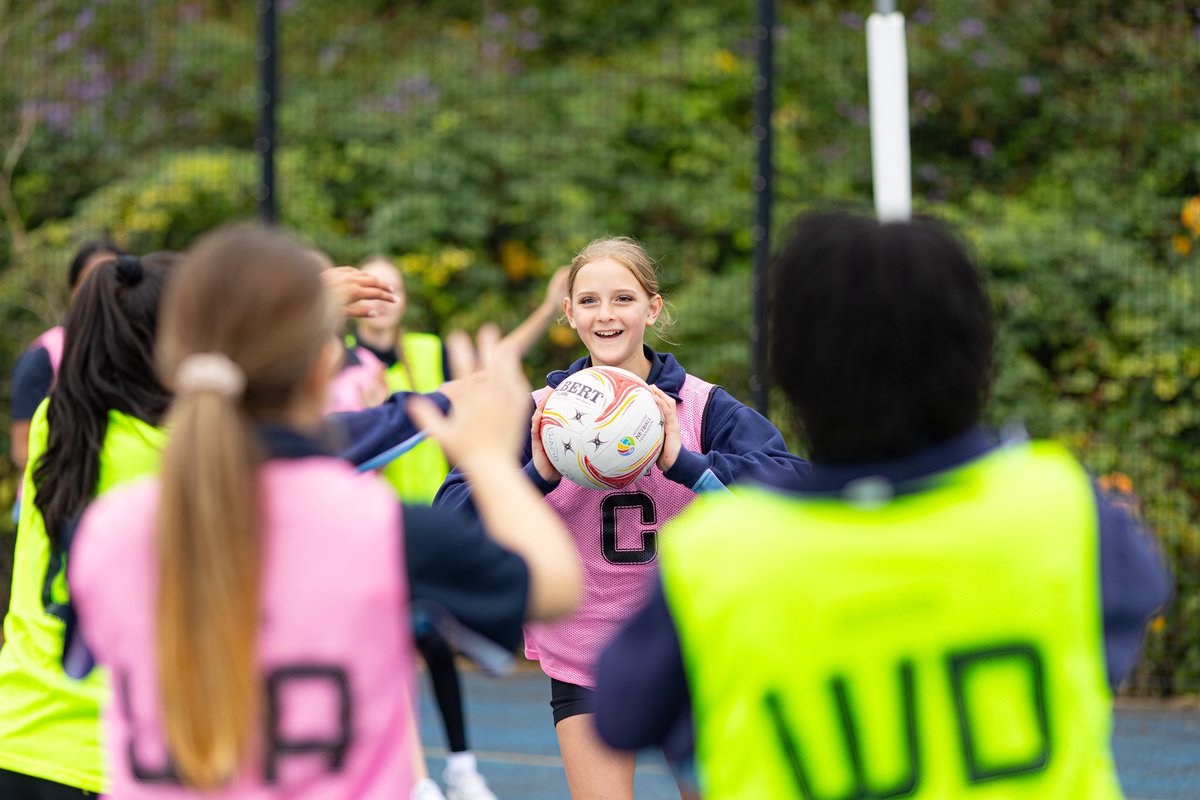Computer Science
Computer Science is a subject for the future! With the exploration of computational thinking skills, developing logical problem-solving skills, resilience, and determination. Thinking of innovative ideas that can and are changing the modern world that we live in. A high-quality computing education equips pupils to use computational thinking and creativity to understand and change the world. Computing has deep links with mathematics, science and design and technology, and provides insights into both natural and artificial systems.
From cracking enigma with Alan Turing in 1943 to Elon Musk introducing robotaxis for 2023.The innovation and developing technology within modern society is endless and it is imperative that our students get to experience this within the HACH curriculum.
Throughout their 7-year journey with us students will explore the core of computer science, in which pupils are taught the principles of information and computation, how digital systems work and how to put this knowledge to use through programming. Building on this knowledge and understanding, pupils are equipped to use information technology to create programs, systems, and a range of content. Computing also ensures that pupils become digitally literate – able to use, and express themselves and develop their ideas through, information and communication technology – at a level suitable for the future workplace and as active participants in a digital world. Are you ready to become the face of the future?
Our Goals
Our pupils must be confident with solving problems and reasoning about computer science. The powerful knowledge our pupils learn will help them break down large problems into smaller ones, spot important patterns, and explore links between abstract concepts. Our endpoint is that our pupils are fluent in reasoning about and solving computational problems. This will lead them to develop great resilience when programming code and handling tasks well within a time frame and under pressure. They should also be able to evaluate and apply information technology, including new or unfamiliar technologies, analytically to solve problems and will become responsible, competent, confident, and creative users of information and communication technology.
Computing opens many doors to careers and opportunities necessary for them to fulfil their dreams. Computing is a key skill to this success and ensures our pupils have the power of agency over their lives. Our endpoint is that our pupils know how computing can support their ambitions and help define their future. As we are an ever-evolving society of technology the skills they learn throughout the course will help them to succeed in many job roles within the future.
KS3 Journey
Year 7
We start year 7 by introducing students to IT, we look at cloud technologies, the use of emails and embed this with cyber security. When looking at cyber security we look at the potential dangers that come from online, how students can remain safe whilst online and what security measures they can put in place to ensure they are safe. We then progress on to algorithmic thinking looking at computational thinking skills and how they can search and sort through algorithms. This then progresses on to Python programming looking at the use of data types, variables, input/output and selection. We then explore the arts of the subject through data representation and how binary is a key core concept in the way that PCs work and operate. This then leads on to the hardware components and what is needed for the PC to function and how hardware and software work together. We then finish off the year with a software development cycle project where the student will explore using a spreadsheet and understand how they can be used to display and store data. Students will also use formulas to help manipulate the data.
Year 8
In year 8 we start with algorithmic thinking and exploring how students can use their computational thinking skills that they learned last year to design flowcharts for given scenarios and touching on pseudocode. We then spend time revisiting Python programming exploring iteration and subroutines. This is then moved on to converting binary, denary and hexadecimal and incorporating the use of ASCII and text files. Memory is then explored and how this work including internal, secondary and cloud storage and the use of logic gates and truth tables. We then finish the year with a software development cycle project and the students will create and manipulate databases with the use of SQL.
Year 9
In year 9 students continue with the development of algorithmic thinking and are introduced to pseudocode. This is then further linked into Python programming where students explore more key concept such as list structures including arrays and 2D arrays. Students will explore how sounds, images and text are used within a computer system using data representation. How the CPU uses the fetch decode execute cycle is also looked at in great depth from the Von Neumann architecture and then the year is finalised with a web design project using the waterfall methodology, students will use HTML as CSS sheets.
KS4 Journey
Computer Science
Year 10
In year 10 students will revisit some of the key concepts that they learned in KS3.
In the Algorithm topic students will cover how students can represent algorithms, efficiency of algorithms, searching algorithms and sorting algorithms. In the programming topic we cover data types, arithmetic operations, relational operations, Boolean operations, data structures, input/output and file handling, string handling operations, subroutines (procedures and functions), structure programming, robust and secure programming and classification of programming languages. In data Representation we cover number bases, converting between number bases, units of information, binary arithmetic, character encoding, representing images, representing sound and data compression. In computer system we cover hardware and software, Boolean logic, software classification, systems architecture. In networks LAN, WAN, PAN, wired/wireless networks, network protocols, network security and the TCP/IP model.
Year 11
In year 11 students will revisit some of the key concepts that they learned previously.
In the cyber security topic, they cover cyber security threats, social engineering, malicious code, methods to detect and prevent cyber security. In databases we cover relational databases, primary keys, foreign keys and also write SQL. In ethical & legal impacts of technology we explore general issues behind privacy and understand how legislations are in place to protect ourselves and the workforce. We then spend time revisiting previous topics and preparing year 11 for their upcoming exam in the summer.
Digital Information Technology
Year 11
Students will continue to study the knowledge they need for their unit 3 and will cover responsible use of IT, legal and ethical impacts of IT. This unit is an exam unit that they will sit in either February or the summer exam period.
Students will also now start their second unit on collecting presenting and interpreting data. They will investigate the role and impact of using data in real-world lives and create a dashboard that allows them to manipulate the data and draw conclusions based on the trends that have been identified. Students will use a wide range of formulas in Microsoft excel that allow them to draw information out form a spreadsheet which include (=SUM, =VLOOKUP, =MIN, = MAX, =AVERAGE, =COUNTA, =COUNTIF and many more. They will create charts, pivot charts and use slicers to manipulate the data and students will also look at how to embed macros to allow ease of use. This is also worth 30% of their final overall grade.
KS5 Journey
Computer Science
Computer Science is a practical subject where students can apply the academic principles learned in the classroom to real-world systems. It’s an intensely creative subject that combines invention and excitement and can look at the natural world through a digital prism.
The aims of this qualification are to enable learners to develop: An understanding and ability to apply the fundamental principles and concepts of computer science, including: abstraction, decomposition, logic, algorithms and data representation; The ability to analyse problems in computational terms through practical experience of solving such problems, including writing programs to do so; The capacity to think creatively, innovatively, analytically, logically and critically; The capacity to see relationships between different aspects of computer science; Mathematical skills.
Over the course the students will cover the following. The characteristics of contemporary processors, input, output and storage devices; Software and software development; Exchanging data; Data types, data structures and algorithms; Legal, moral, cultural and ethical issues; Elements of computational thinking; Problem solving and programming; Algorithms to solve problems and standard algorithms The learner will choose a computing problem to work through according to the guidance in the specification; Analysis of the problem, Design of the solution, Developing the solution, Evaluation.
Students will sit two exams for this qualification, both worth 40% each. Students will also complete an independent non-examination assessment where they will design and build a project of their choice following the software development cycle, this is worth 20& of their A-Level.
Documents
| Computer Science LTP KS3 KS4 KS5 | Download |






















